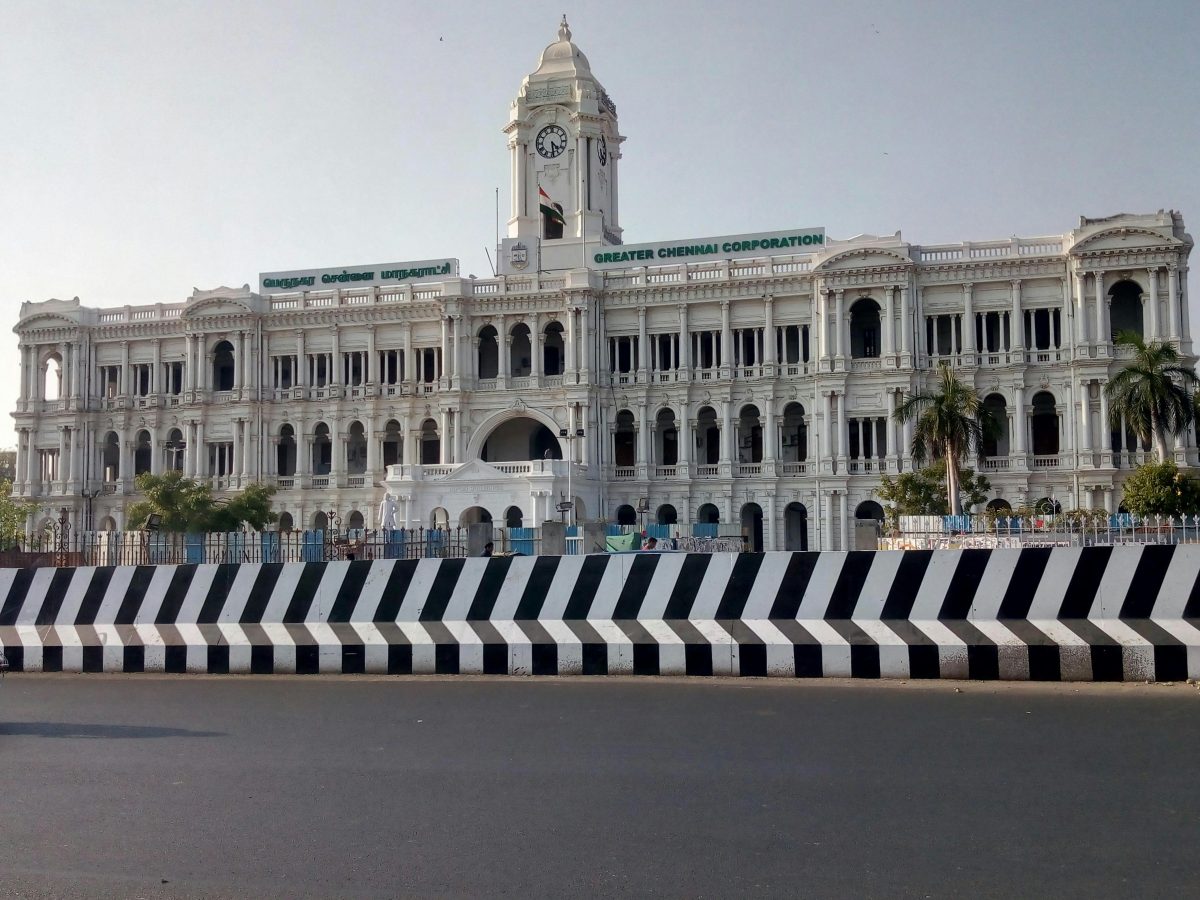Every housing society or apartment community in Chennai operates within a legal framework set by the Tamil Nadu government. At the heart of this framework lies the Tamil Nadu Cooperative Societies Act, 1983, and its accompanying Rules of 1988. Whether you are forming a new Resident Welfare Association (RWA) or managing an existing one, understanding this Act is essential to ensure compliance, transparency, and smooth governance.
What is the Tamil Nadu Cooperative Societies Act?
The Tamil Nadu Cooperative Societies Act, 1983, is the law that regulates the formation, management, and dissolution of all cooperative societies in Tamil Nadu, including housing societies. It defines:
- How a society is registered
- The powers and duties of the managing committee
- Member rights and liabilities
- Election procedures for office bearers
- Audit and compliance requirements
- Penalties for non-compliance
For RWAs, this Act provides the foundation for how to run day-to-day affairs, conduct elections, handle finances, and maintain order within the community.
Why is it important for RWAs in Chennai?
In cities like Chennai, RWAs often act as the backbone of community living. They manage maintenance funds, security, and amenities, and coordinate with government departments like Greater Chennai Corporation (GCC) and CMWSSB (Chennai Metro Water Supply and Sewerage Board).
Following the Cooperative Societies Act ensures:
- Legal recognition of your society.
- Protection against disputes with members or builders.
- Eligibility to access government schemes and financial benefits.
- Transparent operations that foster trust among residents.
How to register a Housing Society in Chennai
Registration of a cooperative housing society (or RWA) in Chennai is done with the Registrar of Cooperative Societies. Here’s the process:
- Application submission:
Fill Form I (application for registration) with details like society name, address, objectives, and list of founding members. - Prepare bylaws:
Draft the society’s by-laws, covering membership criteria, maintenance rules, elections, and penalties. - Submit required documents:
- Copy of bylaws (signed by all members).
- Address proof of the society.
- Identity proof of office bearers and members.
- Proof of ownership of the land/building (from builder or developer).
- Pay registration fees:
Registration fees typically include a nominal society registration fee (around ₹5,000 – ₹6,000) and document charges. - Approval and certificate:
Once approved, the society receives a Certificate of Registration along with the registered by-laws.
Management committee & elections
The Act defines how an RWA’s managing committee must function.
Key rules:
- A committee usually consists of President, Vice-President, Secretary, Treasurer, and 5–9 executive members.
- Elections are to be held every 3–5 years, depending on the by-laws.
- The Tamil Nadu Cooperative Election Commission supervises elections in case of disputes or irregularities.
- A quorum (minimum number of members) is required to validate election meetings.
Always issue written election notices and maintain proper minutes of meetings. These are legally required.
Audit and financial compliance
Under the Act, every housing society must conduct an annual audit.
Key financial compliance steps include:
- Preparing an income and expenditure statement for the financial year.
- Passing the audited accounts during the Annual General Meeting (AGM).
- Submitting audit reports to the Registrar’s office.
Failure to conduct audits or submit reports can lead to penalties or government intervention.
Member rights & responsibilities
The Act empowers society members with specific rights:
- The right to vote during elections.
- The right to inspect records and accounts.
- The right to challenge unfair decisions of the managing committee.
It also defines member responsibilities, like paying maintenance charges on time and following society rules.
In extreme cases, the Act allows the expulsion of a member if:
- They repeatedly violate rules.
- Engage in activities harmful to society.
- Fail to pay dues despite repeated notices.
However, such actions require a two-thirds majority vote in the general body and proper documentation.
Special officers & dissolution
If an RWA fails to conduct elections or maintain proper accounts, the Act allows the appointment of a Special Officer by the Registrar. This officer temporarily takes over management until the issues are resolved.
In extreme cases, if a society becomes non-functional or violates laws, it can be dissolved under Section 89 of the Act.
Penalties for non-compliance
Non-compliance with the Act or its rules can attract:
- Fines under Section 150.
- Suspension of the managing committee.
- Denial of legal benefits or grants.
For example, failure to file annual audit reports can result in penalties and possible takeover by the Registrar.
To dive deeper into the Act and rules, here are the official downloadable PDFs


